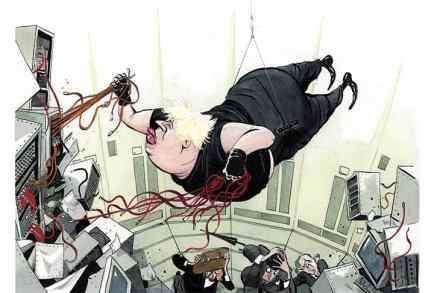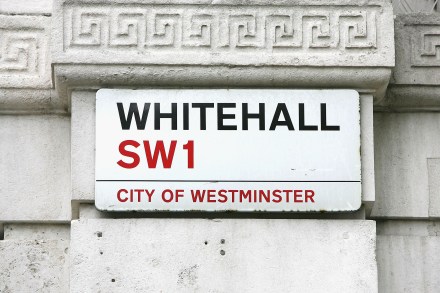The truth about that No. 10 party
People seem surprised and a little doubting that the Prime Minister is incapable of remembering if he attended a party in his own back garden in May 2020. It does not come as much of a shock to me, seeing as he has difficulty remembering how many children he has. Beneath that albino mop resides a brain comprising plasma in a perpetual turbulent flux, like you get in one of those tokamaks used in the pursuit of nuclear fusion energy. Except Boris’s brain does not have the correct-strength magnets to hold it all in place, just a skull. As a consequence he possesses no judgment and nothing in the way














